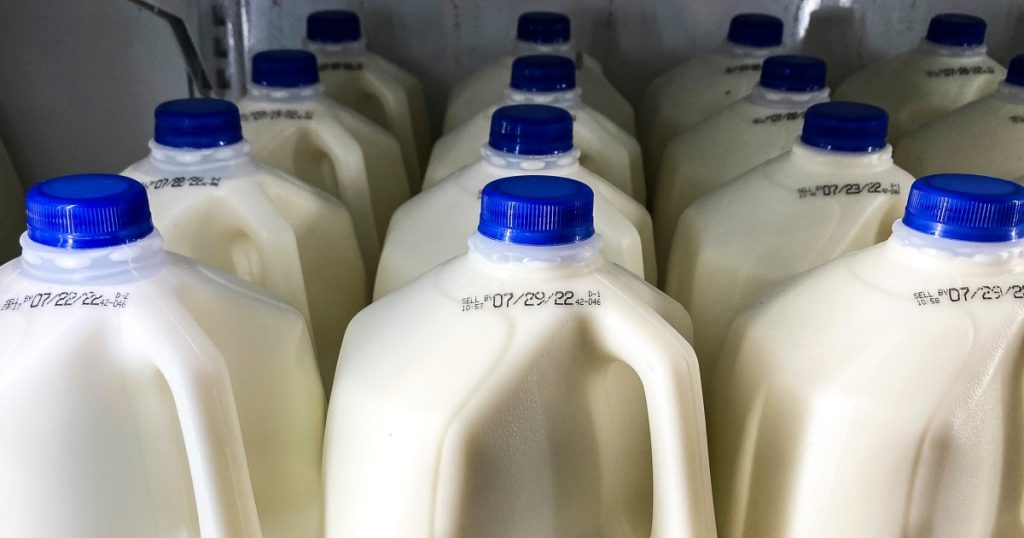The Food and Drug Administration announced on Thursday that traces of the bird flu virus have been discovered in 1 out of 5 samples of pasteurized milk, leading to concerns about the impact on the milk supply. The agency initially found viral fragments in commercially sold milk on Tuesday, prompting the USDA to issue a federal order requiring all dairy cows to be tested for bird flu before being transported across states. Despite the presence of viral fragments in the milk, health officials and experts affirm that pasteurized milk remains safe to consume, as the virus detected in the samples was not live or infectious. The FDA is currently conducting studies to assess the effects of pasteurization on the bird flu virus in milk and is expected to release more information in the days to come.
The FDA reassured the public on Tuesday that there is no evidence to suggest that the commercial milk supply is unsafe due to the presence of the bird flu virus. The agency emphasized that the detection of small pieces of the virus in milk does not pose a threat to the safety of the milk supply. Despite the ongoing studies and monitoring of the situation, officials maintain that pasteurized milk remains a safe and reliable food source. Further information on the bird flu virus in the milk supply is expected to be released by the FDA on Thursday, as the agency continues to investigate and provide updates on the situation.
The discovery of traces of the bird flu virus in pasteurized milk has raised concerns about the potential impact on public health and the dairy industry. With 1 in 5 samples of milk containing viral fragments, efforts are being made to ensure the safety and integrity of the milk supply. The federal order issued by the USDA requiring testing of dairy cows for bird flu before interstate transport aims to prevent the spread of the virus and protect both animals and consumers. Despite these developments, health officials stress that pasteurized milk is still safe to drink, as the detected viral fragments are not capable of causing infection.
As the FDA continues to investigate the presence of the bird flu virus in pasteurized milk, additional information and updates are expected to be released in the coming days. The agency is conducting studies to assess the effects of pasteurization on the virus and to provide further insights into its impact on the milk supply. The ongoing monitoring of the situation and communication of findings aim to ensure transparency and public awareness regarding the safety of consuming milk. The FDA’s commitment to providing accurate and timely information underscores the importance of maintaining confidence in the milk supply and addressing any potential concerns related to the presence of viral fragments.
In light of the developing situation, it is crucial to stay informed about the latest updates and guidance from health authorities regarding the bird flu virus in milk. The ongoing studies and investigations by the FDA aim to provide comprehensive insights into the potential risks and safety measures surrounding the detection of viral fragments in pasteurized milk. The agency’s efforts to assess the situation and communicate findings reflect a commitment to ensuring the safety and integrity of the milk supply. By monitoring the impact of the virus and providing updates, the FDA aims to address any concerns and maintain public trust in the safety of consuming milk products.
Overall, the discovery of traces of the bird flu virus in pasteurized milk highlights the importance of continued vigilance and monitoring of the food supply chain. While the presence of viral fragments in milk samples raises concerns, health officials and experts affirm that pasteurized milk remains safe to consume. The ongoing studies and investigations by the FDA aim to provide a better understanding of the situation and assess any potential risks associated with the virus. By remaining transparent and proactive in addressing the issue, the FDA is working to ensure the safety and reliability of the milk supply while keeping the public informed about any developments related to the bird flu virus in milk.


